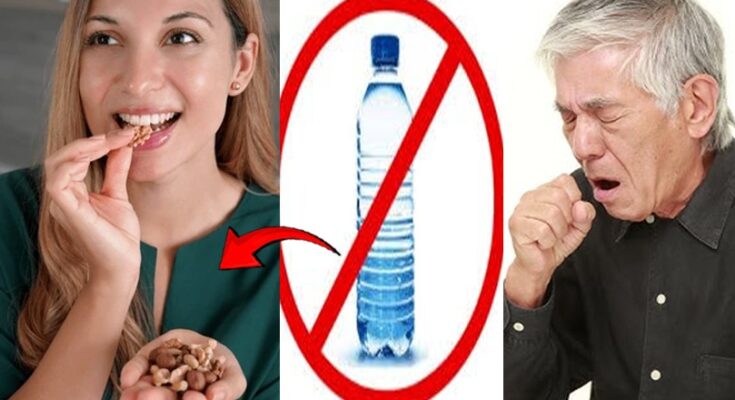Hydration is a fundamental aspect of maintaining good health, yet it is often overlooked in the hustle and bustle of daily life. Water is essential for nearly every function in the body, from regulating body temperature to supporting digestion and detoxification. While we often focus on nutrition and exercise, staying properly hydrated is just as important for overall well-being. Inadequate hydration can lead to a variety of health issues, from headaches and fatigue to more serious conditions such as kidney stones and impaired organ function.
One of the most important roles of water is to maintain the balance of bodily fluids. Our bodies are made up of approximately 60% water, and this water is critical for transporting nutrients, oxygen, and waste products throughout the body. It helps regulate body temperature through sweating and respiration, lubricates joints, and aids in the absorption of nutrients. Proper hydration ensures that the body can function efficiently and maintain homeostasis—the state of balance needed for optimal health.
Hydration also plays a vital role in digestion. Water helps break down food so that your body can absorb essential nutrients. It also aids in the movement of food through the intestines and prevents constipation by softening stools. Without enough water, the digestive process becomes sluggish, leading to discomfort and digestive problems such as bloating and constipation. Drinking sufficient water throughout the day helps keep the digestive system running smoothly, improving overall digestive health and comfort.
Additionally, water is key to detoxification. The kidneys rely on water to filter waste and excess substances from the blood, which are then excreted as urine. Without enough water, the kidneys are unable to effectively remove toxins from the body, potentially leading to kidney stones and urinary tract infections (UTIs). Drinking enough water ensures that the kidneys can function properly, reducing the risk of these conditions and supporting the body’s natural detox processes.
Hydration also has a significant impact on cognitive function. Dehydration can lead to difficulty concentrating, poor memory, and mental fatigue. Studies have shown that even mild dehydration can impair cognitive performance, mood, and alertness. Staying hydrated helps maintain focus and mental clarity, making it easier to perform everyday tasks and improve productivity. Additionally, dehydration can increase feelings of anxiety and irritability, so proper hydration can contribute to better emotional well-being.
Furthermore, water is crucial for maintaining healthy skin. The skin is the body’s largest organ, and it relies on adequate hydration to remain supple, elastic, and free of dryness. Dehydrated skin can become flaky, dull, and prone to irritation, making it more susceptible to conditions such as eczema and acne. Drinking enough water helps the skin retain moisture, improve elasticity, and maintain a healthy appearance. Proper hydration also helps flush out toxins from the skin, promoting a clear and radiant complexion.
It’s also important to note that hydration needs can vary depending on factors such as age, activity level, climate, and health conditions. While the commonly recommended guideline is to drink eight 8-ounce glasses of water a day, some individuals may need more depending on their specific circumstances. People who engage in vigorous exercise, for example, may need extra water to compensate for the fluid lost through sweat. Similarly, hot weather or illness can increase the body’s need for water. It’s essential to listen to your body’s thirst signals and drink consistently throughout the day to stay adequately hydrated.
The best way to stay hydrated is by drinking water, but other fluids such as herbal teas, milk, and certain fruits and vegetables with high water content, such as cucumbers and watermelon, can also contribute to your daily fluid intake. It’s important to avoid excessive consumption of sugary or caffeinated beverages, as they can have a diuretic effect and lead to increased fluid loss. Additionally, drinking too much alcohol can dehydrate the body and impair hydration levels.
In conclusion, hydration is a critical component of overall health that should not be underestimated. Proper hydration supports bodily functions such as digestion, detoxification, cognitive function, and skin health, and it helps maintain a healthy balance of fluids in the body. By drinking enough water throughout the day and adjusting your fluid intake based on individual needs, you can improve your energy levels, physical performance, and mental clarity. Prioritizing hydration is an easy yet impactful way to enhance your well-being and prevent a range of health issues.



